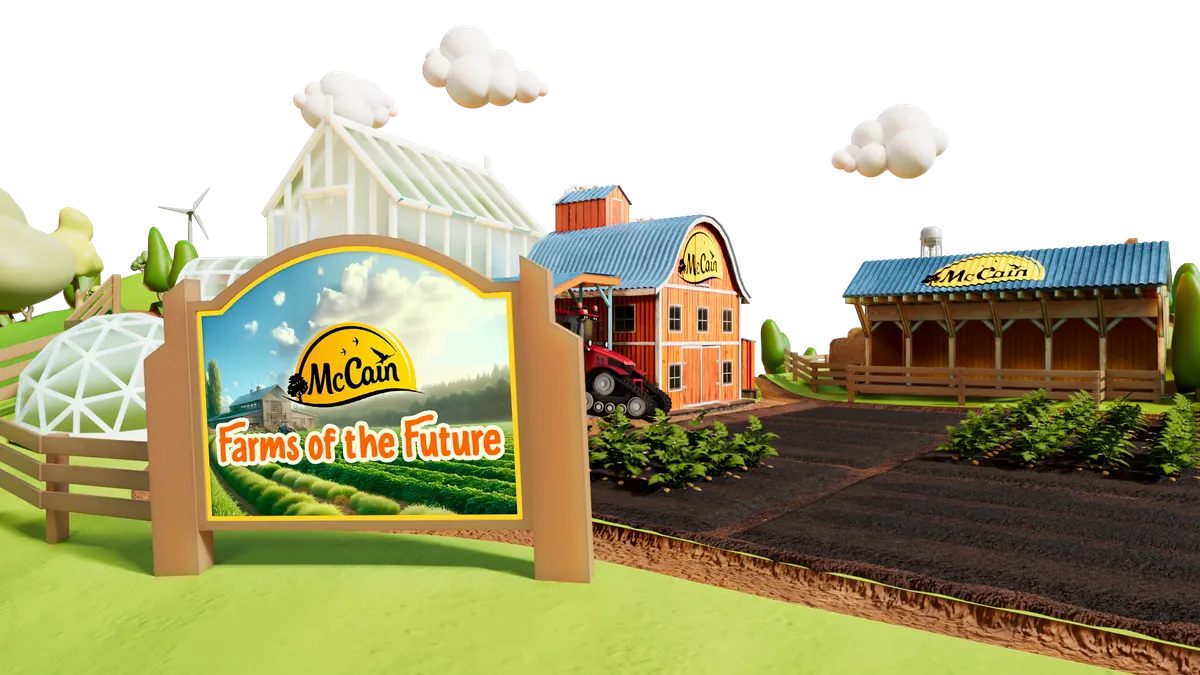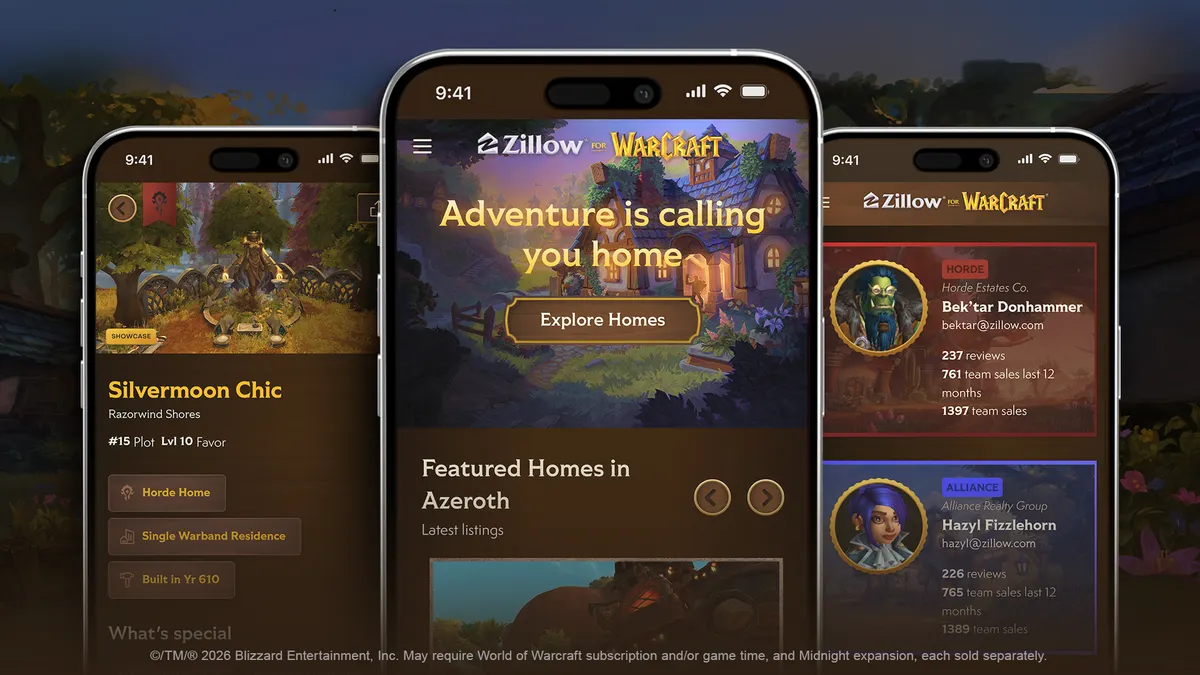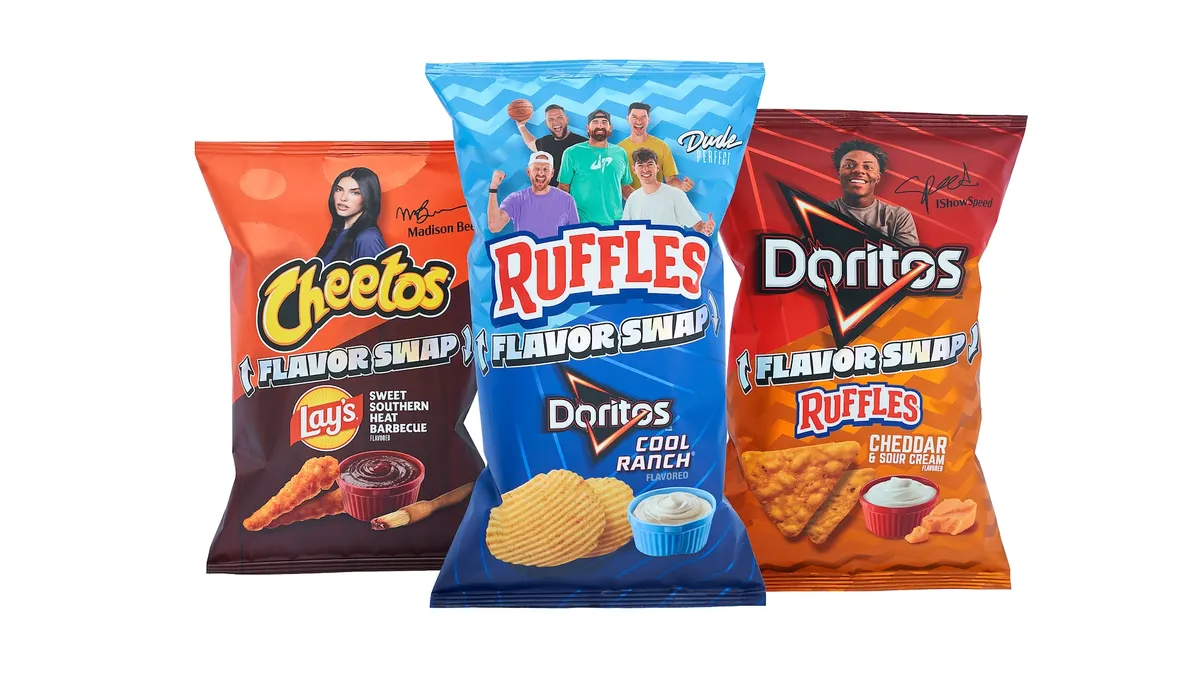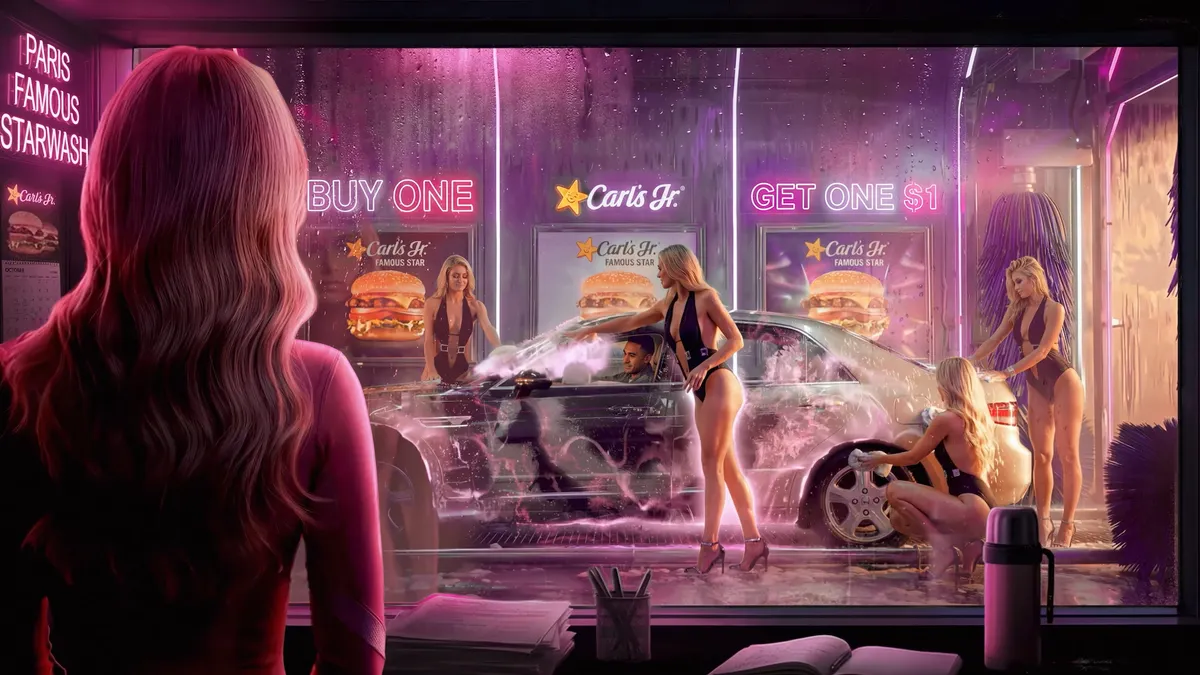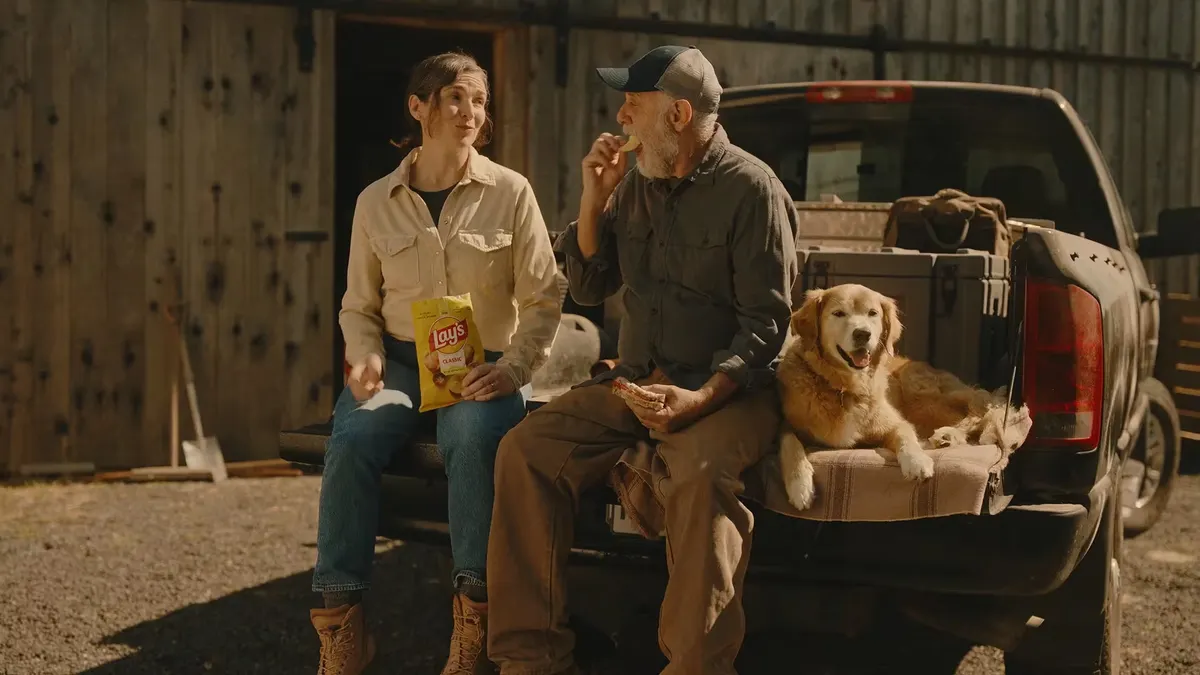McCain Foods, the world’s largest manufacturer of frozen potato products, recently reached a milestone in its goal of implementing regenerative farming practices. However, the 68-year-old company observed an awareness gap: While 98% of U.S. and Canadian consumers eat fries, less than 1 in 10 understand the concept of regenerative agriculture.
To bring its mission to the mainstream, McCain in February launched its first global campaign, “Taste Good. Feel Good.” The effort spans creator content, ad spots and in-person experiences. It also includes an augmented reality (AR) game where consumers can make fries using sustainable farming techniques to earn rewards. Since launch, over 77 million virtual fries have been prepared by players, who are spending an average of four-and-a-half minutes with the mobile web-based game.
The need to educate consumers on regenerative agriculture is clear, with 57% of Americans and 67% of Canadians wanting to learn more about the subject, according to a brand-commissioned YouGov survey. Creating entertaining experiences like the AR game helps ensure people can build their know-how in a digestible way, explained McCain Chief Innovation and Marketing Officer Christine Kalvenes.
“Nobody wants to be preached at, nobody wants to be talked to, and certainly not talked down to,” said Kalvenes, who stepped into the C-suite in September after serving as McCain’s global head of innovation and marketing. “But if you can make it engaging, if you can meet consumers where they’re at, if you can give them something fun to do and make it relevant and put food in their mouth at the same time, the education comes along for the ride.”
Fries of the future
Private, family-owned McCain has committed to implementing regenerative farming practices across all of the acreage used to grow its potatoes by 2030, and has now helped 71% of its farmers reach the onboarding level of the McCain Regenerative Agriculture Framework. McCain operates commercial-scale hubs for research, which it calls Farms of the Future, to test and scale regenerative practices to support growers.
“Taste Good. Feel Good.” is meant to bring the farm-to-fry experience to life, a goal it used as inspiration for its Farms of the Future AR game. Players can scan a QR code to be transported into the farming experience, where they will get an overview of how to farm potatoes the regenerative way. Consumers can earn prizes, including items made from upcycled and recycled materials, free fries or a farm-themed getaway depending on how many fries they make within the game.
“The game takes you through this educational journey of soil health and reg ag and you don’t even realize by the end of it, you know what reg ag is and why it’s important,” Kalvenes said.
McCain previously experimented with gaming, creating a Roblox experience in 2022 around the launch of its Regen Fries, a limited-time offering made with potatoes cultivated through regenerative farming methods. The activation had players grow virtual potatoes through farming methods that improve soil health. Consumers spent roughly the same amount of time with the Roblox experience as the newer AR game.
“The difference here is now we’re on a platform where we can be wherever the consumer is, whenever they want to engage in game play, and the fact that now they’re not in a captive environment, they’re actually out walking around and still spending four and a half minutes with the game ... we’re feeling pretty good about that,” Kalvenes said.
McCain brought back its Regen Fries to North America as a limited-time offering for its latest effort and invited consumers to experience Farms of the Future at a pop-up event in New York that lasted from Feb. 27 to March 1. That event also included a Fries of the Future Cafe serving free fries and recipes inspired by sustainability advocate Rachel Brosnahan, chef Kolby Kash and “potato queen” and chef Poppy O’Toole. The brand also hosted experiences in the U.K. in March and April.
O’Toole and Kash are part of influencer activations spanning the U.S., U.K. and Canada, along with featuring in a 30-second spot promoting Regen Fries that also appears as a series of 15-second cutdowns.
McCain teamed with Gravity Road on its global campaign, while AR immersive technology partner Rock Paper Reality produced the Farms of the Future game. The game is accessible via QR code on a microsite, and McCain also promoted the experience at its events in New York and London. Additionally, the brand placed the QR code in an ad that ran in the New York Times on Feb. 27.
Sustainably driven
McCain’s latest push comes as consumers remain loyal to what is considered to be one of the most popular food items in America. The global frozen french fries market was valued at $23.5 billion in 2023 and is expected to grow to $36.5 billion by 2033, per Fact.MR research.
However, U.S. consumers in the near term are increasingly concerned about their financial standing as recessionary fears loom. Though the average consumer is not especially deal-oriented when shopping for McCain fries — the product wouldn’t be categorized as an impulse buy — the brand is no less vulnerable to price sensitivity than others in the consumer packaged goods category, Kalvenes explained.
“Fries are a staple of a meal, so they tend to make the grocery list, but like any CPG type of product, there’s price sensitivity, there’s value for the money, and there’s brand loyalty and commitment to a brand,” the exec said.
McCain’s focus on sustainability is one way the brand asserts its value, supported by progress reports and other informative efforts. For others looking to make sustainability a part of their messaging, Kalvenes stresses the importance of going deeper than a marketing campaign. Brands have increasingly been called out for greenwashing when their advertising doesn’t align with actual environmental efforts.
“It’s meaningless to communicate if you’re not putting your money where your mouth is, and you’re not standing behind your commitments,” Christine said. “That’s the impetus for driving any form of communication — are you truly standing behind what you’re saying you’re doing, and is it a relevant message for your consumers?”
“Taste Good. Feel Good.” comes as Kalvenes approaches her second year as McCain’s chief marketer. Before joining the brand, she held major roles with SC Johnson, PepsiCo Foods Canada and Frito-Lay. Kalvenes’ plans for year two include leveraging artificial intelligence (AI) to simplify tasks like reaching a broader audience and crafting more relevant messaging. The plan is to have AI tools in place by the end of the year. Beyond that, Kalvenes is strategizing more ways to fit into consumers’ lives, including through an increased focus on OOH occasions.
“Being the world’s largest french fry producer, we’re in a lot of out-of-home occasions, and consumers don’t know that we are your out-of-home fry,” Kalvenes said. “We’re looking to drive more engagement opportunities like this, where we can be at the moment of consumption and really spend time with our loyalists that way. We’re also looking at the right innovation for those occasions.”


